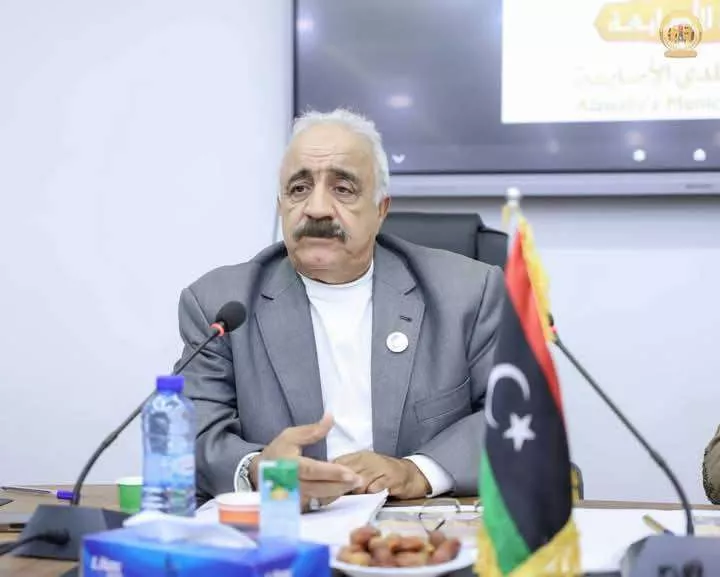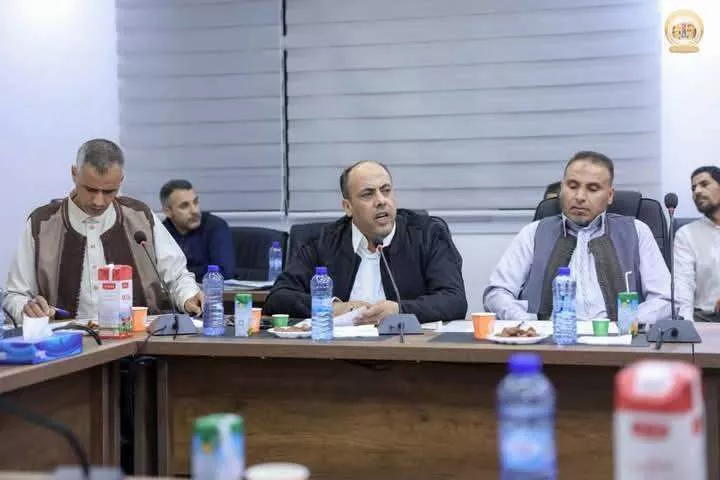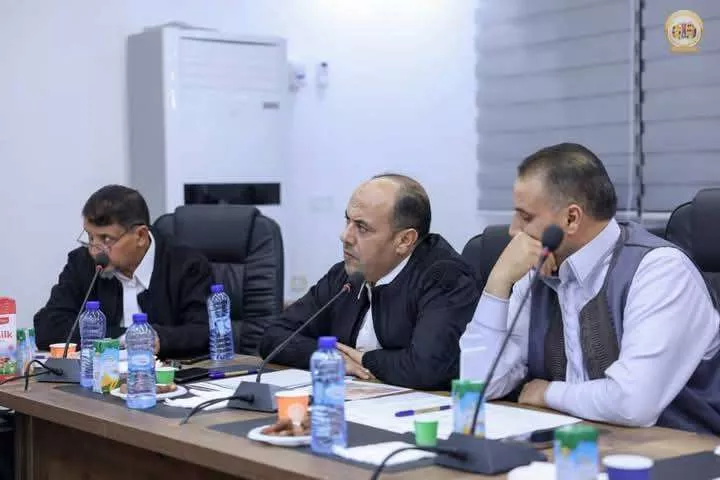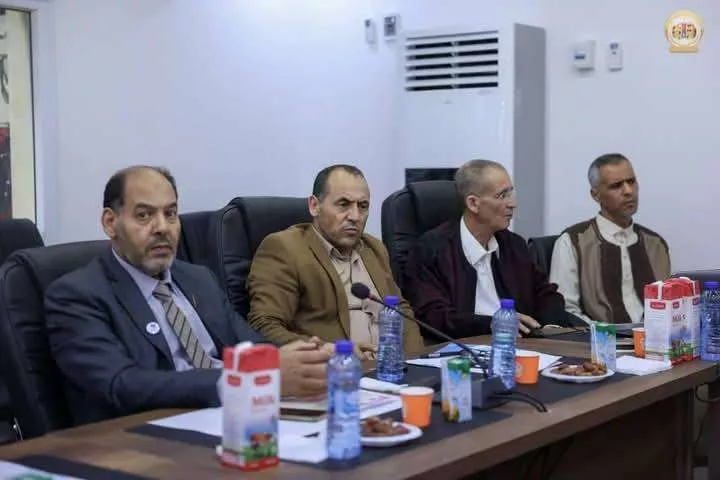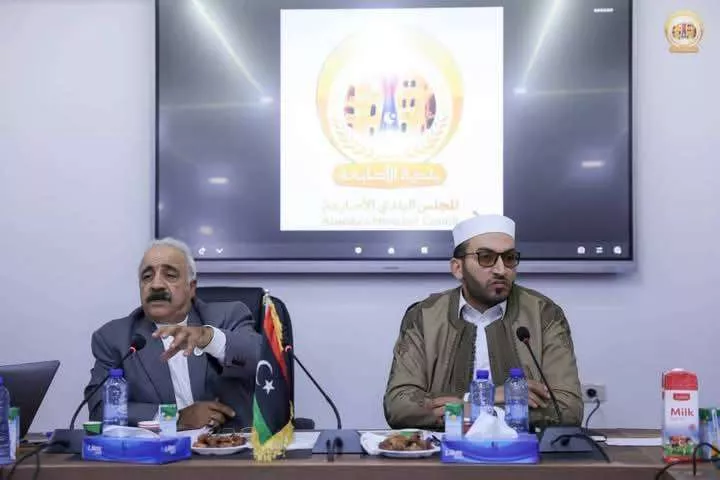The Faculty of Arts and the Faculty of Sciences in Al-Asabaa, under the sponsorship of Gharyan University, organized a scientific symposium on fires in the city of Al-Asabaa.
The Faculty of Arts and the Faculty of Sciences in Al-Asabaa, under the sponsorship of Gharyan University, organized a scientific symposium on fires in the city of Al-Asabaa —their causes and repercussions. The event took place in the meeting hall of the Municipal Council and was attended by:
Professor Saleh Qishout , President of Gharyan University
- Engineer Imad Al-Maqtouf , Mayor of Al-Asabaa
Dean of the Faculty of Arts, Al-Asabaa
- Dean of the Faculty of Sciences
Participants also included faculty members from the universities of Gharyan, Zintan, and Tripoli, alongside the Libyan Association of Intellectuals and several research centers.
The symposium addressed the following topics:
1. Crisis Management and Efforts During the Disaster – Engineer Imad Al-Maqtouf
2. Spatial Distribution of Fires – Dr. Ibrahim Al-Saghir
3. Fires from a Geological Perspective – Dr. Osama Ahmed Hilal
4. Spontaneous Fires Throughout History – Dr. Al-Dawi Ali Al-Muntasir
5. Impact of Al-Asabaa Fires on the Environment and Society and Mitigation Methods – Dr. Ali Ayad Al-Kabeer
6. Scientific Perspectives on Al-Asabaa Fires – Dr. Salem Rahimah Salem
7. Media Discourse During Crises – Dr. Mohammed Ibrahim Al-Lafi
8. The Reality of Jinn Harm to Humans and Prevention Methods – Dr. Abdulmajid Al-Ruhaibi
This symposium was part of ongoing scientific and research efforts to understand the causes of the phenomenon, discuss its environmental and social repercussions, and propose practical and scientific solutions for addressing its effects in the future.
Various opinions on the causes were expressed, reflecting diverse perspectives, while emphasizing the need for more research. Participants stressed the importance of studying the phenomenon from both a religious perspective, as advocated by some reformers, and a scientific one rooted in precision and measurement.
The participants praised the efforts of all entities working to implement real solutions to end this phenomenon and decided to organize another scientific symposium after conducting religious, scientific, and social studies.
Recommendations will be sent to the Ministry of Higher Education and Scientific Research and the National Unity Government for necessary and urgent action.
